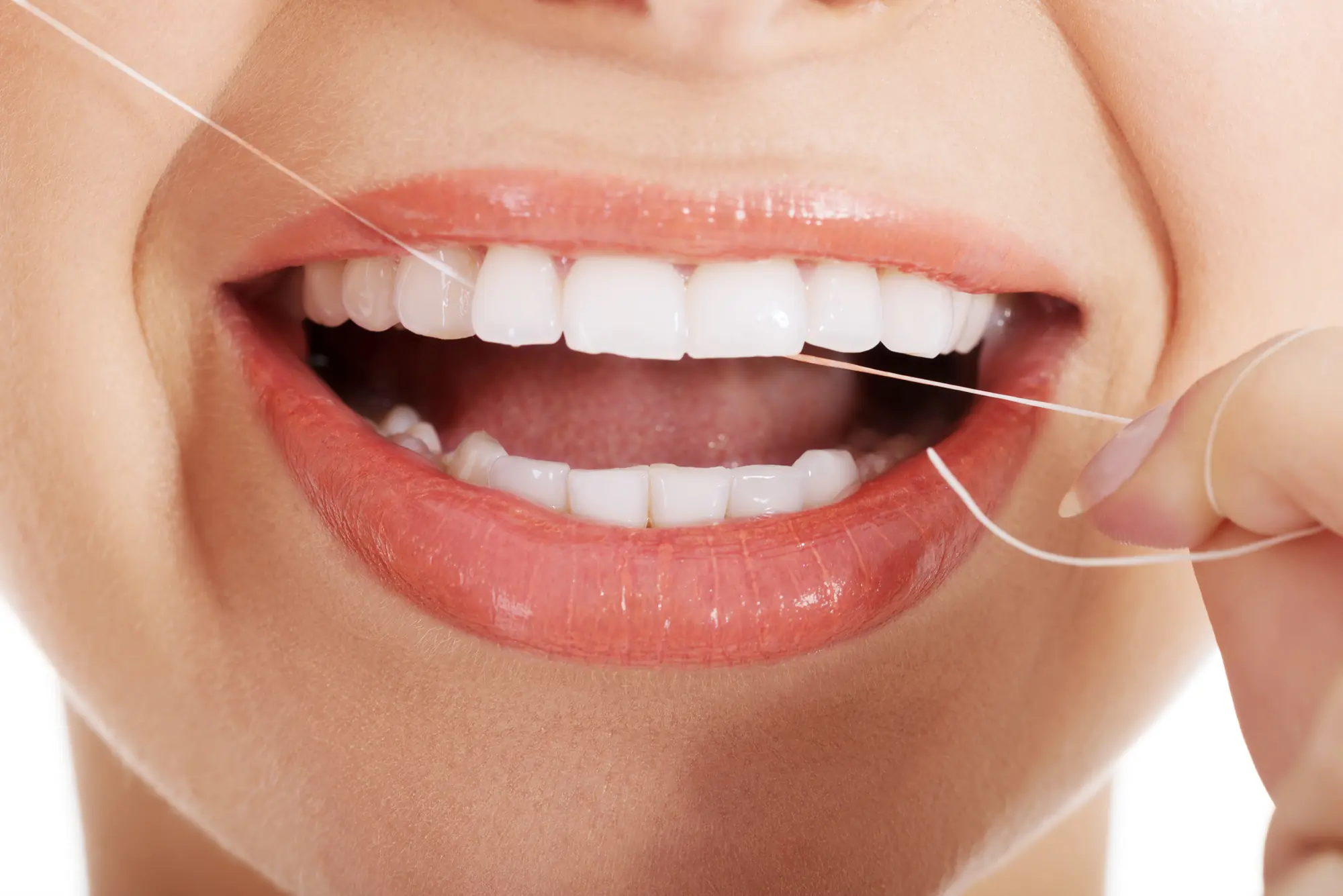Did you know that your oral health can have a significant impact on your overall health? It’s true! Taking care of your teeth and gums isn’t just about having a bright smile; it’s about safeguarding your well-being. In this article, we’ll explore how oral health affects overall health, and why it’s crucial to prioritize both. From the link between gum disease and heart disease to the role of oral hygiene in preventing systemic conditions, we’ll delve into the ways in which a healthy mouth can contribute to a healthier you. So, let’s dive in and discover how oral health affects overall health.
How Oral Health Affects Overall Health
Taking care of our oral health is more than just important for a bright smile and fresh breath, it also plays a crucial role in maintaining our overall health and well-being. You may be surprised to learn just how oral health affects overall health. In this section, we will explore how oral health affects overall health, and why it’s essential to prioritize proper oral hygiene.
Gum Disease and Its Link to Heart Disease
One of the most evident ways of how oral health affects overall health is the link between gum disease and heart disease. Research has shown that people with gum disease are more likely to develop heart disease than those with healthy gums. This association stems from the fact that the bacteria in our mouths can enter the bloodstream through our gums. When these bacteria reach the heart, they can contribute to the development of arterial plaque, increasing the risk of heart disease.
The Role of Oral Hygiene in Preventing Systemic Conditions
Maintaining good oral hygiene has been shown to play a vital role in preventing various systemic conditions. By practicing regular brushing and flossing, we can reduce the risk of infections and inflammation in our mouths. This, in turn, can help prevent the spread of harmful bacteria to other parts of the body. Neglecting our oral health can lead to an increased risk of conditions such as diabetes, respiratory infections, and certain types of cancer.
Oral Health and its Associations with Diabetes
Diabetes and oral health have a bidirectional relationship. People with diabetes are more susceptible to gum disease, as high blood sugar levels can weaken the body’s immune system and make it harder to fight infections. On the flip side, gum disease can also make it more difficult for people with diabetes to control their blood sugar levels. Therefore, it is essential for individuals with diabetes to maintain excellent oral hygiene and have regular dental check-ups.
The Link Between Oral Health and Respiratory Infections
The health of our mouths also has implications for our respiratory system. Poor oral health can increase the risk of respiratory infections, such as pneumonia, as bacteria from the mouth can be inhaled into the lungs. This is particularly true for individuals who already have respiratory conditions, such as chronic obstructive pulmonary disease (COPD). By maintaining good oral hygiene, we can minimize the risk of these infections and support our respiratory health.
Practical Tips for Maintaining a Healthy Mouth

Now that you know how oral health affects overall health you need to know that taking care of your oral health goes beyond just brushing your teeth. It plays a significant role in your overall well-being. By following these practical tips, you can maintain a healthy mouth and reduce the risk of various systemic health conditions.
1. Brush and floss regularly
Brush your teeth at least twice a day using a fluoride toothpaste. Make sure to brush along the gumline and all the surfaces of your teeth. Floss at least once a day to remove plaque and debris from between your teeth and along the gumline.
2. Use a mouthwash
Incorporating a mouthwash into your oral hygiene routine can help kill bacteria and freshen your breath. Choose an antibacterial mouthwash that is approved by dental professionals.
3. Eat a balanced diet
A well-balanced diet rich in fruits, vegetables, whole grains, and lean proteins can contribute to good oral health. Limit your intake of sugary and acidic foods and beverages, as they can contribute to tooth decay and gum disease.
4. Stay hydrated
Drinking water throughout the day helps wash away food particles and bacteria from your mouth. It also promotes saliva production, which is essential for maintaining a healthy pH balance in your mouth.
5. Quit tobacco
Smoking and using other tobacco products not only stain your teeth and contribute to bad breath, but they also increase the risk of gum disease, oral cancer, and other health problems.
6. Visit your dentist regularly
Regular dental check-ups are essential for maintaining good oral health. Your dentist can detect early signs of gum disease or other dental issues and provide appropriate treatment. Aim for at least two dental visits per year.
Elevate Your Health Journey with Molar House – Tijuana’s Premier Dental Care Center

Now that you understand how oral care affects overall health, prioritize your well-being with the help of Molar House. As your top dentist in Tijuana , we’re committed to delivering the best oral care. Schedule an appointment today for a healthier, happier you!






